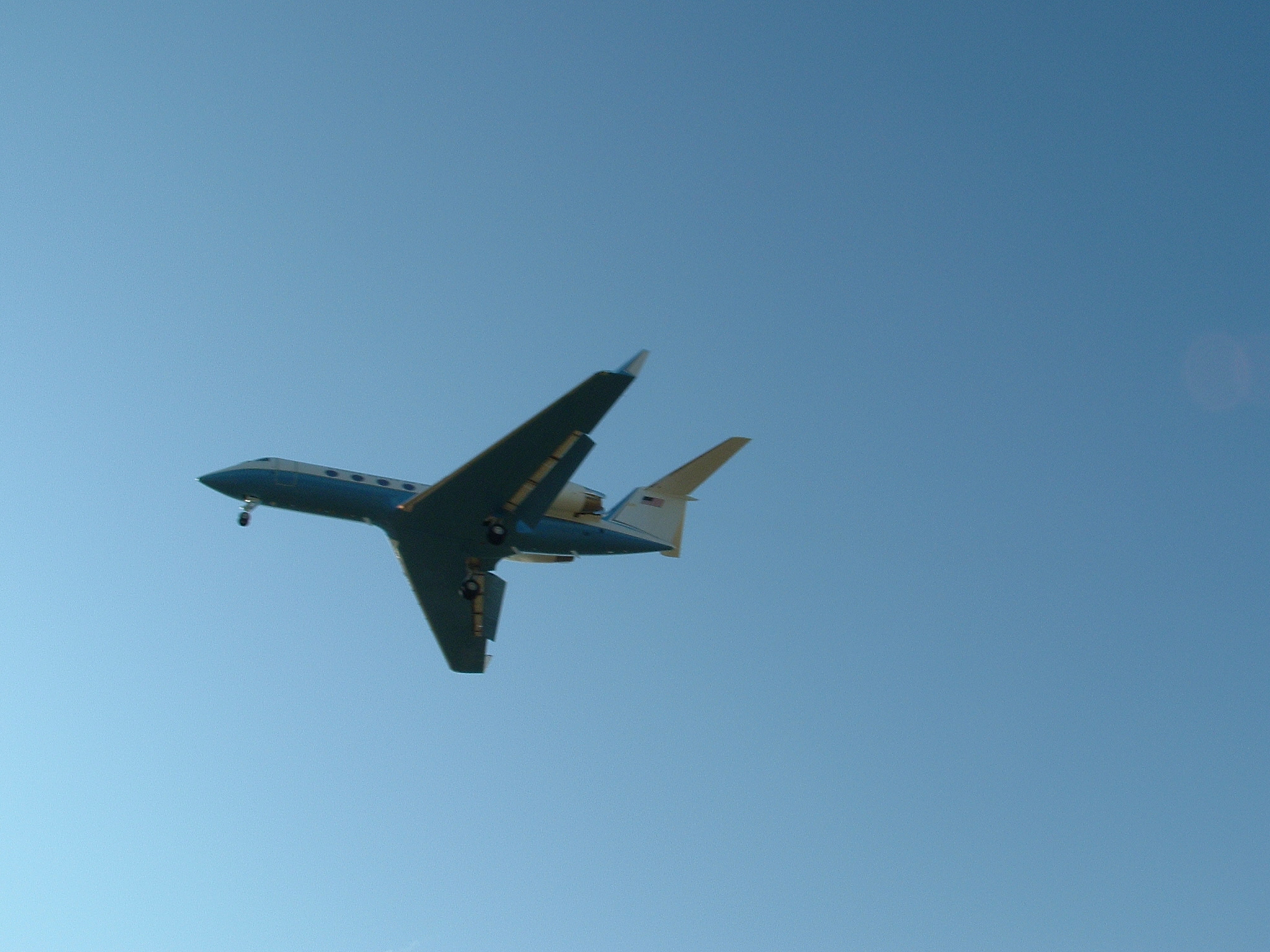
It is my view that the proposed expansion of Bristol Airport, doubling passenger numbers by 2015 and then trebling them by 2030, along with the readiness of BIA (Bristol International Airport) to fund the building of new roads linking the airport to the motorway and the South Bristol ring road, will destroy any other efforts made by people in the region to reduce the use of fossil fuels and fight climate change. Currently the airport is responsible for much more fossil fuel use than all the traffic in Bristol according to their own figures.
Aviation is the fastest growing source of greenhouse gas emissions and it has now been acknowledged by the recent Stern Report that climate change is the gravest threat to global prosperity. The costs of UK aviation’s contribution to climate change has been estimated at well over £2 billion. The health costs of the UK aviation sector’s air pollution amount to over a billion pounds per year. We cannot expect to start tackling climate change and expand airports. Models of development strongly featuring road and air travel growth are increasingly discredited, not least by climate change, and are not genuine development ie change for the better.
BIA state that ‘climate change is a global issue and action is needed at national and international level’. It makes no mention of changes being needed at regional, local and personal levels. If we are to tackle climate change action is needed at all levels. If individuals, local councils, businesses and regions are not playing their part then achieving change and tackling the problem at national and international levels will be very difficult indeed. We cannot say that that the solution to climate change is only for national and international level action, since we all make decisions every day which impact on our climate.
It is my view that BIA are not fully and properly assessing the total impact of what they are proposing. I do not go along with BIA’s assumption that actual and projected trends in flying are a good thing. Such trends must be subject to change and shaping by debate in society and should not simply be accepted. In my view it is both desirable and necessary to change the trend of expanding airports and increasing flying. It will soon become inevitable to do so, if we are to have a lifestyle we are able to sustain. The coming decades, the very ones in which BIA are proposing to expand their operation, are critical ones if climate change is to be addressed at all levels.
Airport expansion as a means of employment generation, stressed in parts of the BIA expansion plan, is extremely inefficient, both in terms of per pound spent and per unit of carbon generated by the work. We need development that breaks the link between the growth of the economy and growth in carbon generation. The overall hidden economic costs of the EU’s aviation sector have been estimated at over £14 billion a year, with the UK accounting for £4billion. References to the business community making it clear that they see the development of BIA as vital to regional economic growth are somewhat sweeping in our view. There are many businesses, not least those in the region’s tourist industry, who will want people to spend their money here rather than flying abroad and spending it there. Most of the growth in flights are tourists taking their money with them. We know from Treasury figures that air passenger transport represents a drain on the UK balance of payments of billions each year, and this figure does not include the costs of importing fuel and aircraft.
I'm not convinced by BIA’s stated commitment to ‘continued investment in the sustainable development of the airport’. I cannot see how an airport can develop sustainably, given the science and economics of climate change. At best it can only continue to try to become less unsustainable. Continued growth in air travel will easily outweigh any gains due to transfer of airport use from outside the region to inside it, greater use of public transport to get to the airport and other relatively small scale and possibly token attempts at being more environmentally friendly in building design and operation. The proposed use of renewable energy and fuel sources, energy saving in buildings and services and improvements to aircraft operational procedures are welcome as far as they go but they are far from focussed on the main airport environmental impact – energy use from flying planes.
What is effective in serious moves towards a sustainable society is to correctly prioritise the significant and fastest growing impacts and then effectively tackle these first. This puts air travel very high up the list. Expanding airports takes us in the wrong direction since far from countering growth in carbon output it encourages it very efficiently and rapidly.
With current technology there is no such thing as sustainable aviation. Aviation’s contribution to climate change is far from small in absolute terms. Even a regional airport like Bristol International has environmental impacts at the level of a city. BIA’s own figures for percentage of total regional greenhouse gas emissions from their operation show an increase from 0.4% to 0.7% as a result of their plans, an increase in contribution of 75%.
The proposed rise in flight frequency from 11 take offs/landings per hour to 17 represents an increase of 55%, with a corresponding increase in the frequency of a noise event occurring. I take no comfort at all from BIA’s statement that ‘measures proposed to manage aircraft noise will ensure that the number of people affected will remain broadly as the present day’ to say the least, given the health costs to those affected The economic costs of UK aircraft noise is already over £300 million. Note that we are strongly sympathetic to those who want noise pollution assessed in a different way.
BIA has not been consistent with its pronouncements on roads in the airport area. MD Andrew Skipp said at the launch of the airport expansion plan that roads in the area could handle the extra passengers. Yet in the local press he also said ‘Clearly the current transport arrangements south of Bristol need improvement..’ and spoke of the need to address traffic flow and congestion through Barrow Gurney. This is most confusing and does not add to the confidence I have in BIA.
 Thanks for letter of support, councillor
Thanks for letter of support, councillor
